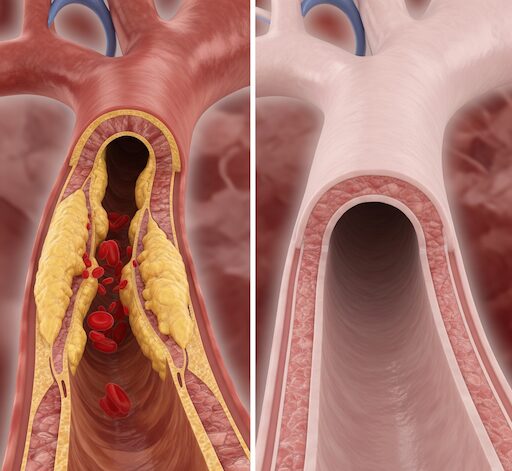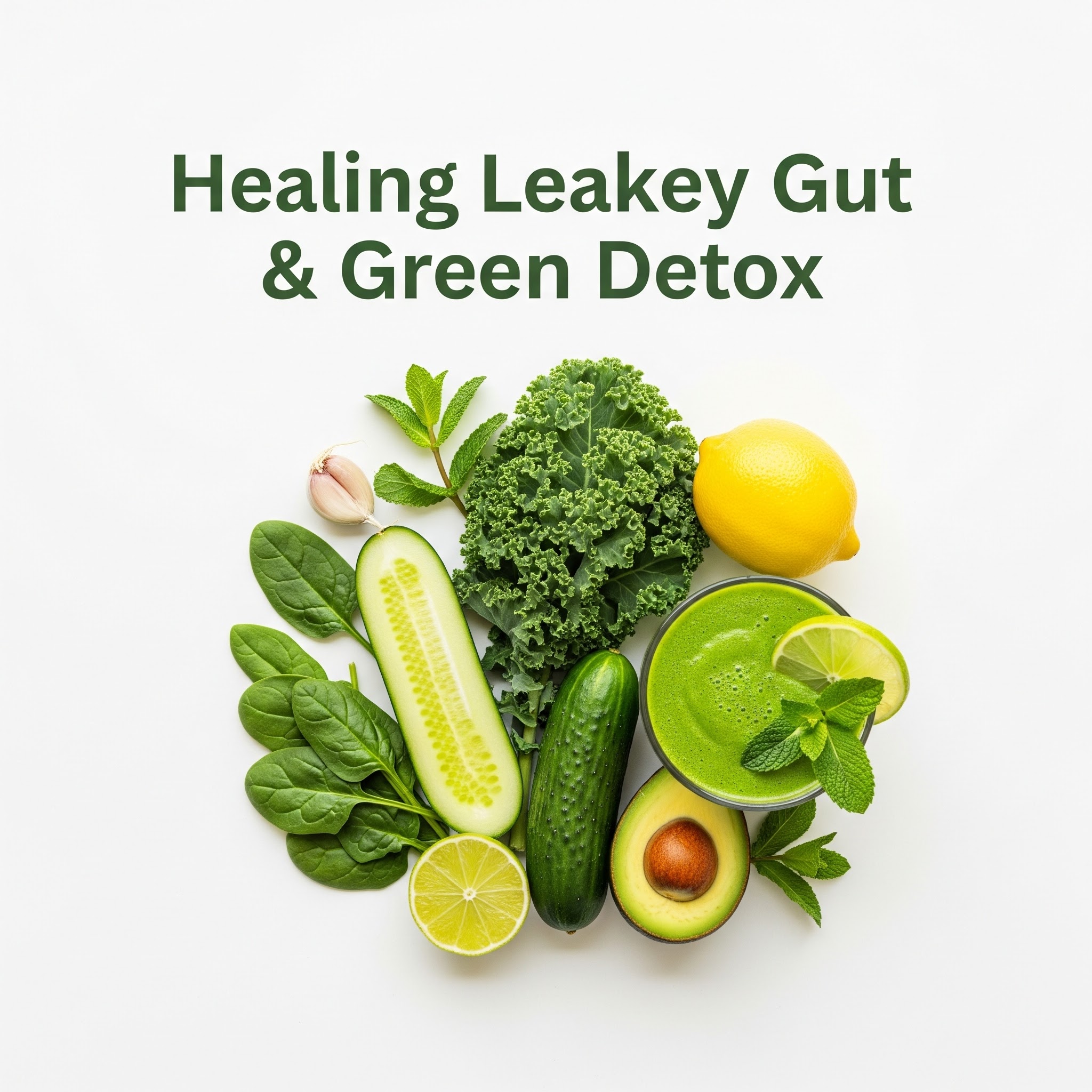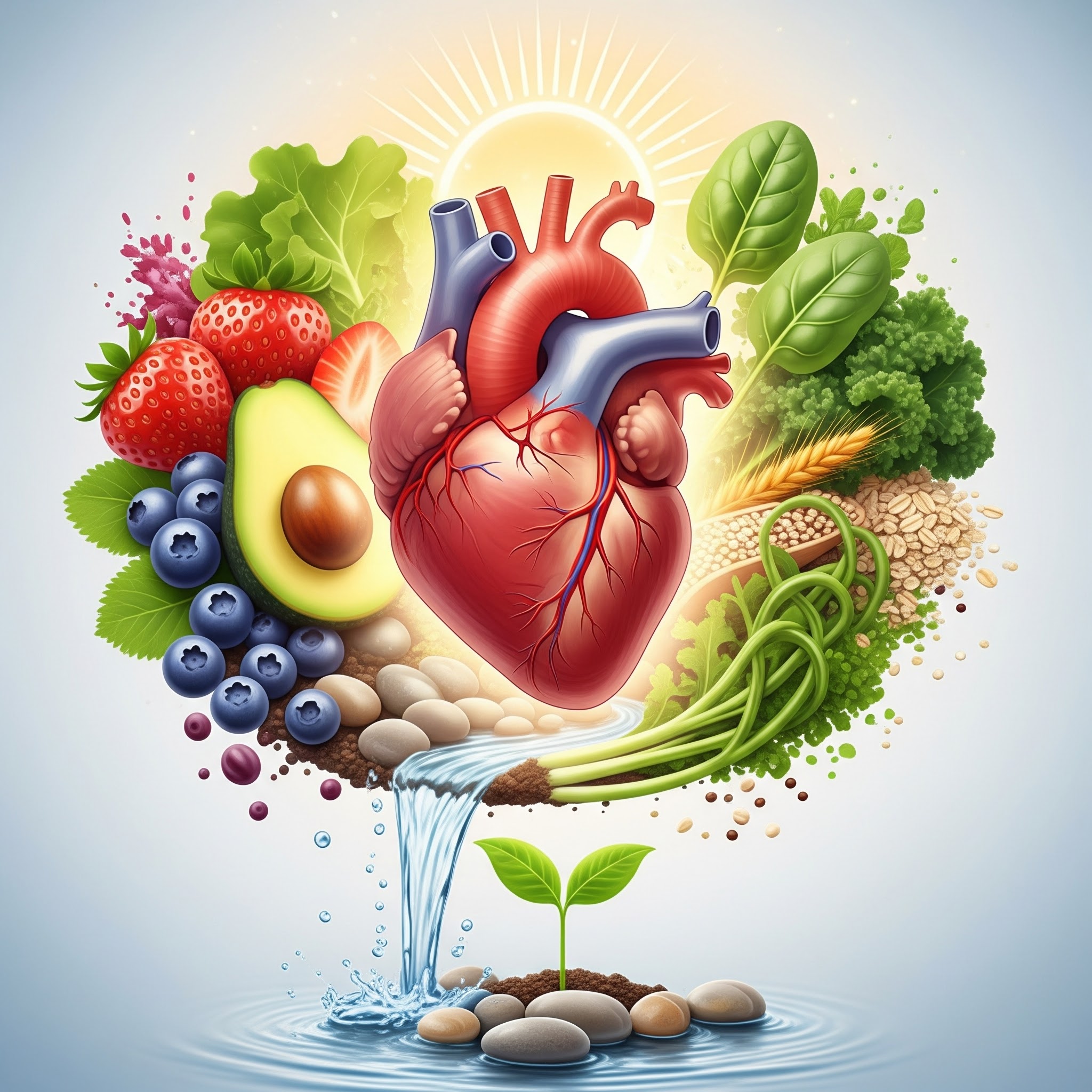Top Natural Ways to Unclog Arteries and Boost Your Heart Health Naturally
Taking care of your heart doesn’t always mean big changes or expensive treatments. Sometimes, small daily habits can make a real difference. If you’re looking for natural ways to unclog arteries, there’s good news—certain foods, exercises, and lifestyle choices can help support better blood flow and lower your risk of heart issues. This article breaks down simple steps that fit into everyday life without feeling like a major overhaul. Whether you’re trying to improve your health or just stay on track, these tips offer practical ways to keep your heart strong and your arteries clear using natural methods you can stick with.
Eat More Omega-3 Rich Foods
Adding more omega-3s to your meals can support better heart function. These fats come from fish like salmon, sardines, and mackerel. They’re not hard to find at the store and don’t take much effort to cook. Grilling or baking them works well for most meals.
Omega-3 fatty acids help the body in a few key ways. They lower triglyceride levels, which keeps blood flowing without blockages. These fats also reduce swelling in the body, which can ease pressure on your arteries over time.
Eating these types of fish two times a week may help keep blood vessels working as they should. You don’t need large portions — even small servings count. If you’re not into seafood, there are other ways to get omega-3s too. Flaxseeds, chia seeds, and walnuts offer plant-based options that still give you some benefits.
Some people also choose supplements like fish oil capsules or algae-based pills if they don’t eat enough of these foods regularly. It’s best to check with a doctor before starting any new supplement just to be sure it fits with your needs.
Making room for these healthy fats in your diet is one of many natural ways to unclog arteries without relying on medicine alone. Small changes like swapping red meat for grilled salmon once or twice a week can make a real difference over time.
Try mixing canned sardines into salads or spreading mashed avocado with chopped mackerel on whole-grain toast for quick meal ideas. Simple swaps go a long way when done often enough.
Omega-3 rich foods don’t need fancy prep or cooking skills either, which makes them easy to include no matter how busy life gets or what kind of kitchen setup you have at home.
Embrace a Fiber-Rich Diet
Eating more fiber is one of the simplest steps for supporting heart function. Soluble fiber, in particular, plays a strong role in lowering bad cholesterol, also known as LDL. This type of fiber is found in foods like oats, lentils, apples, carrots, and barley.
When you consume soluble fiber, it works by attaching to cholesterol particles inside your digestive system. Instead of allowing that cholesterol to go into your bloodstream, the body removes it through waste. This helps reduce buildup in arteries and supports better blood flow.
Oats make a great breakfast option and offer an easy way to get more soluble fiber early in the day. Swapping white bread or rice with whole grain versions can also increase your daily intake without much effort. Beans like black beans or chickpeas can be added to salads or soups for an extra boost.
Fruits such as oranges and pears provide natural sweetness along with useful amounts of soluble fiber. Raw vegetables like broccoli or Brussels sprouts also help support this process when eaten regularly.
Doctors often recommend at least 5 to 10 grams of soluble fiber each day to see benefits on LDL levels. Making small swaps—like choosing oatmeal over sugary cereal—can add up quickly over time.
Sticking with these kinds of foods consistently may help prevent artery blockages from forming or getting worse. Among all natural ways to unclog arteries, increasing dietary fiber remains one of the most useful and low-risk options available today.
Adding more plant-based ingredients into meals brings variety while helping maintain regular digestion too. With simple shopping choices and basic meal changes, it’s possible to improve heart wellness without relying on complicated methods or expensive supplements.
Try These Natural Ways to Unclog Arteries
Small changes in daily habits can help support better blood flow. One easy step is adding garlic to your meals. Garlic contains plant compounds that may reduce the buildup inside arteries over time. You can chop it up and mix it into soups, sauces, or even salads. It’s a simple ingredient that fits into most dishes.
Another option is drinking green tea regularly. Green tea has been used for years in many parts of the world as part of a healthy routine. It may help lower bad cholesterol levels and support artery function when consumed on a consistent basis. Try replacing one cup of coffee or soda with green tea during the day.
Some people also find value in eating more fiber-rich foods like oats, beans, and lentils. These help keep cholesterol levels balanced by removing excess from your system through digestion. Over time, this can ease pressure on your heart and reduce strain on blood vessels.
Using olive oil instead of butter or margarine might also make a difference. Olive oil contains fats that do not clog arteries as easily as other cooking oils might. Drizzle some over cooked vegetables or use it when frying food at low heat.
Don’t forget about movement either—light walking each day helps keep circulation active and supports overall heart health along with these natural ways to unclog arteries.
Choosing water over sugary drinks helps too since sugar can affect how fat builds up in the body. Staying hydrated encourages better flow throughout your system without putting extra stress on your heart.
These small steps don’t require big effort but can add up when done often enough. They offer ways to care for your heart without needing prescriptions or complex routines, just everyday food choices and regular habits you can stick with long term.
Nattokinase Benefits: Unlocking Your Cardiovascular Health
Nattokinase, an enzyme derived from natto, a traditional Japanese fermented soybean dish, has gained significant attention for its potential cardiovascular benefits. This document explores the science behind nattokinase and how it may contribute to a healthier heart.
What is Nattokinase?
Nattokinase is a potent fibrinolytic enzyme, meaning it can break down fibrin, a protein involved in blood clot formation. This unique property is what makes nattokinase a subject of interest in the realm of heart health.
Key Cardiovascular Benefits of Nattokinase
Supports Healthy Blood Circulation
One of the primary benefits of nattokinase is its ability to support healthy blood circulation. By assisting in the breakdown of fibrin, nattokinase may help maintain optimal blood flow and reduce the risk of excessive clotting. This can be particularly beneficial for individuals looking to support their circulatory system.
Contributes to Healthy Blood Pressure Levels
Research suggests that nattokinase may play a role in maintaining healthy blood pressure already within the normal range. This effect is thought to be partly due to its ability to inhibit the angiotensin-converting enzyme (ACE), which is involved in blood pressure regulation.
Promotes Arterial Health
The accumulation of plaque in the arteries is a significant concern for cardiovascular health. Nattokinase’s fibrin-dissolving properties may indirectly contribute to arterial health by preventing the excessive buildup of fibrin, which can be a component of arterial plaque.
May Reduce the Risk of Thrombosis
Thrombosis, the formation of blood clots inside blood vessels, can lead to serious cardiovascular events. Nattokinase’s ability to dissolve fibrin may help reduce the risk of unwanted clot formation, thus offering a protective effect against thrombotic conditions.
- At 10,800 FU/day, NK led to a significant reduction in the thickness of the carotid artery intima-media and the size of carotid plaques. https://pubmed.ncbi.nlm.nih.gov/36072877/
Get Moving with Regular Exercise
Moving your body every day helps your heart do its job. You don’t need a gym membership or fancy gear. A brisk walk, bike ride, or even dancing in your living room can get the blood flowing. When you move often, your heart doesn’t have to pump as hard to circulate blood. That makes things easier on the whole system.
Doing about 30 minutes of movement five days a week works well for most people. It doesn’t have to be all at once either—you can break it into smaller chunks throughout the day. A quick 10-minute walk after each meal adds up fast and keeps things moving inside you.
Regular activity keeps arteries from getting stiff over time. It also supports healthy blood flow so that oxygen and nutrients reach where they need to go without struggle. This kind of routine helps prevent buildup in your vessels which is one of the natural ways to unclog arteries.
Exercise also helps manage weight and supports better sugar levels in the body. Both of those things matter when it comes to keeping arteries clear and strong. People who stay active tend to keep their cholesterol numbers steady too, which plays a big part in long-term heart care.
You don’t need intense workouts or long training sessions. Even simple movements like stretching or light jogging can make a difference over weeks and months if done regularly.
The key is staying consistent with whatever you choose—walking around the block, lifting light weights, or following a short video online all count as helpful steps toward better heart function and circulation support.
Try different activities until you find something that fits into your schedule easily and feels doable most days of the week without stress or pressure.
Simple Lifestyle Shifts Can Make a Big Difference
Taking care of your heart doesn’t have to mean complicated routines or drastic changes. As we’ve seen, adding more omega-3 rich foods, loading up on fiber, staying active, and exploring natural ways to unclog arteries can all play a powerful role in supporting heart health. These small, consistent habits can help reduce plaque buildup and improve blood flow—naturally. By making smarter choices every day, you’re not just protecting your heart; you’re boosting your overall well-being. So why wait? Start incorporating these easy steps into your lifestyle and give your heart the love it deserves.
Novel Anti-inflammatory and Vasodilatory omega–3 Endocannabinoid Epoxide Regioisomers.
Dietary fibre and cardiovascular health.
Garlic: A systematic review of the effects on cardiovascular diseases.
Green tea and green tea catechin extracts: an overview of the clinical evidence.



